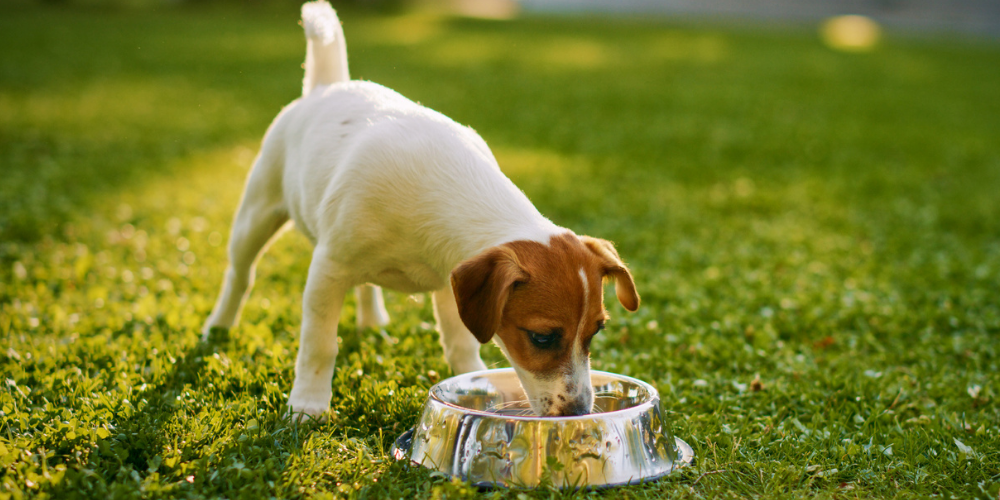
Is Your Dog Allergic to Their Food? What to Do About It
Dogs can experience allergies, just like people do. In reality, food allergies are among the most common allergens in dogs. But how can you tell if your pup is allergic to their food? And what should you do about it if they are? Here’s what you need to know about Fresh Food for dogs with allergies.
Signs That Your Dog May Be Allergic to Their Food
● The most common sign that your dog is allergic to its food is itching. If your dog is constantly scratching itself or seems to be in discomfort, it could be a sign that they’re experiencing an allergic reaction.
● Other signs include excessive licking, chewing on their paws, hot spots, hair loss, and gastrointestinal issues like vomiting or diarrhea. If you notice any of these signs, it’s time to take your dog to the vet for a checkup.
What to Do if Your Dog Is Allergic to Their Food
If your vet confirms that your dog is indeed allergic to their food, don’t worry—there are steps you can take to help them feel better. The first thing you’ll need to do is switch them to a hypoallergenic diet. This means finding a food that doesn’t contain any of the ingredients that your dog is allergic to.
Your vet will be able to recommend a few options. You may also want to consider giving your dog supplements like omega-3 fatty acids or probiotics, which can help soothe their skin and improve their digestion. Lastly, make sure you’re keeping up with their flea and tick prevention—parasites can make allergies worse.
Conclusion:
Dogs can have allergies just like humans—and food allergies are one of the most common types. If your vet confirms that your dog has a food allergy, don’t worry—there are steps you can take to help them feel better, like switching them to a hypoallergenic diet and giving them supplements like omega-3 fatty acids or probiotics.